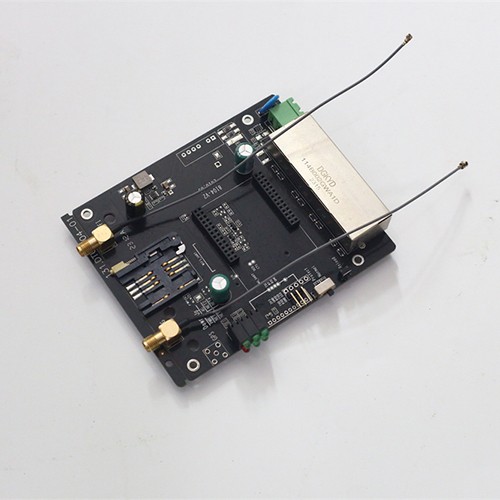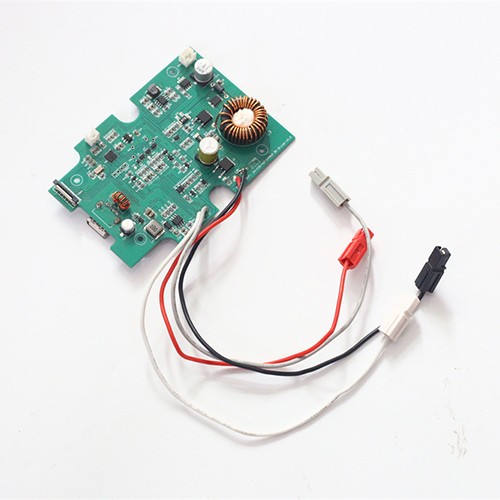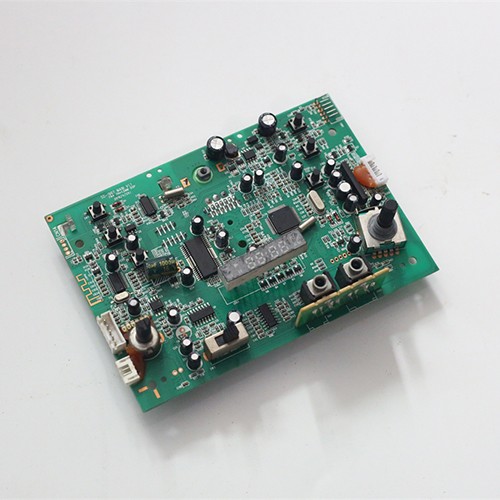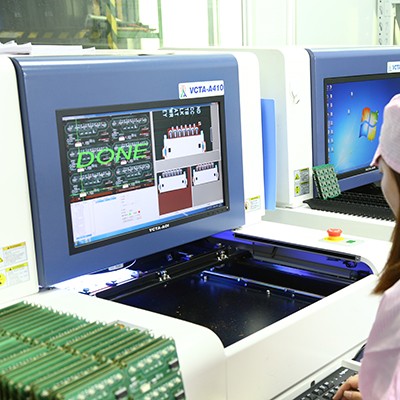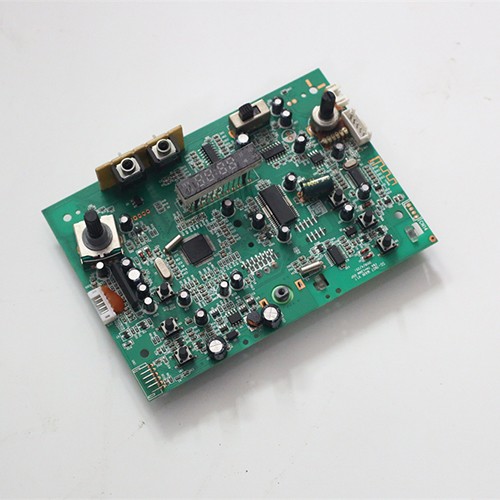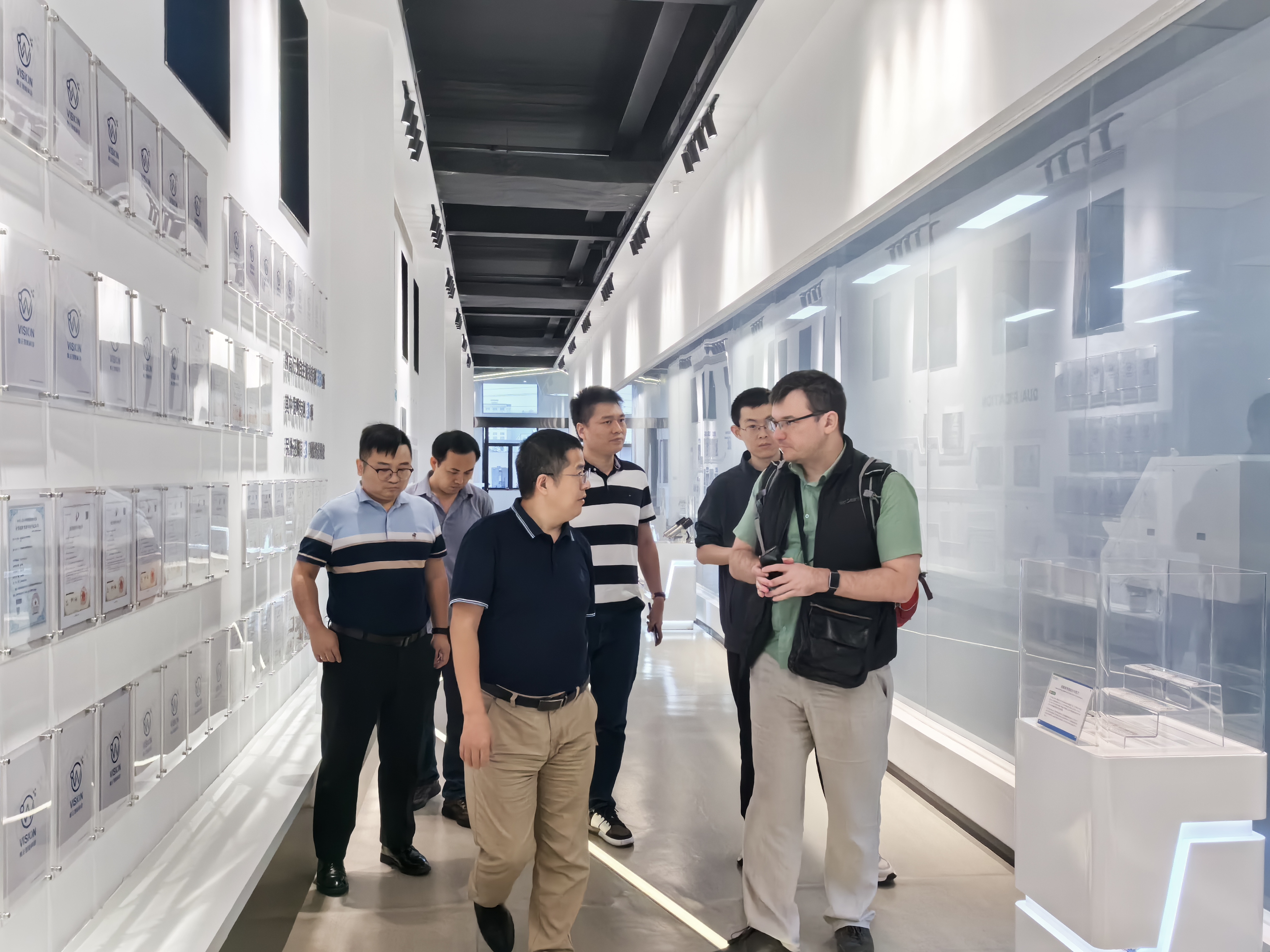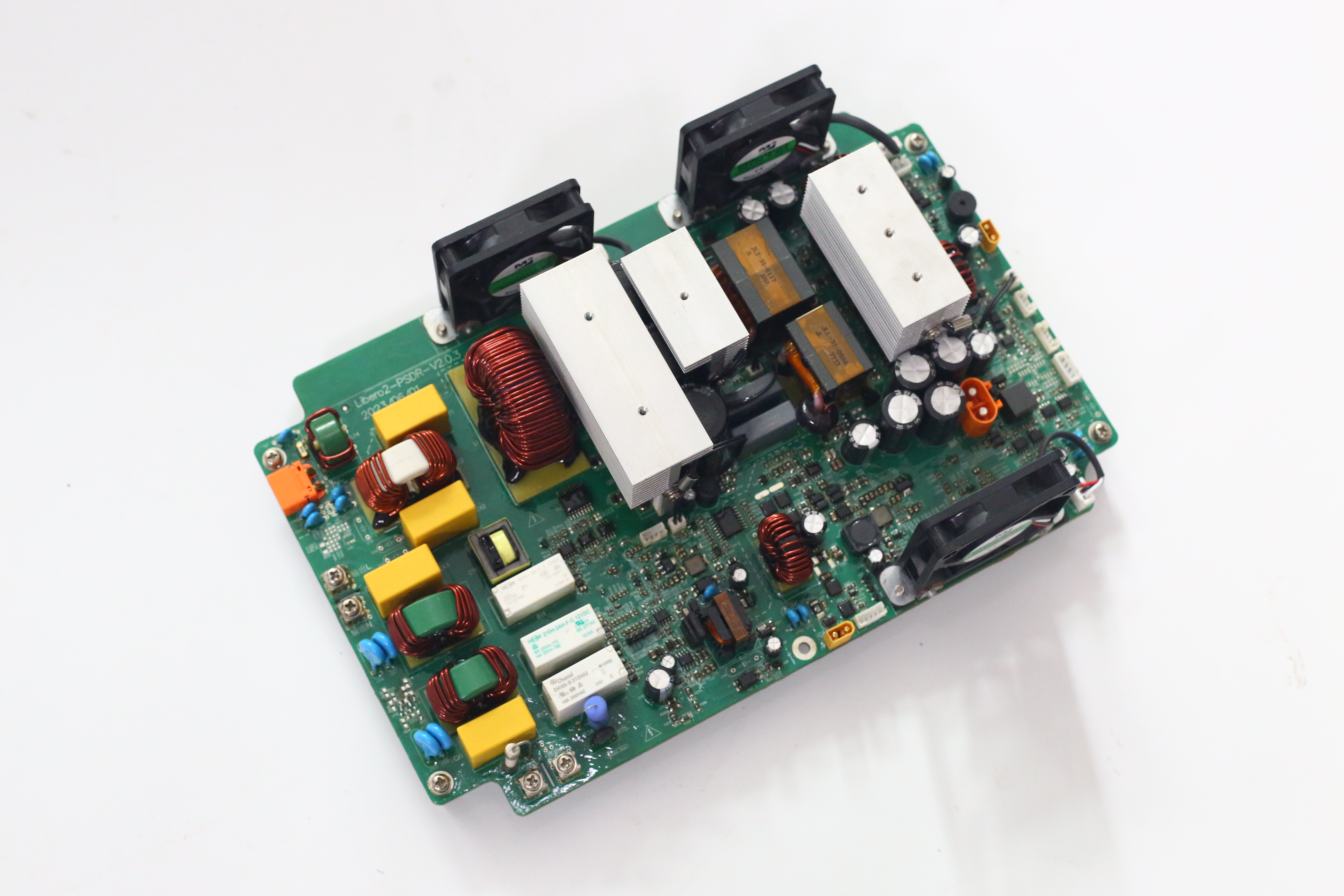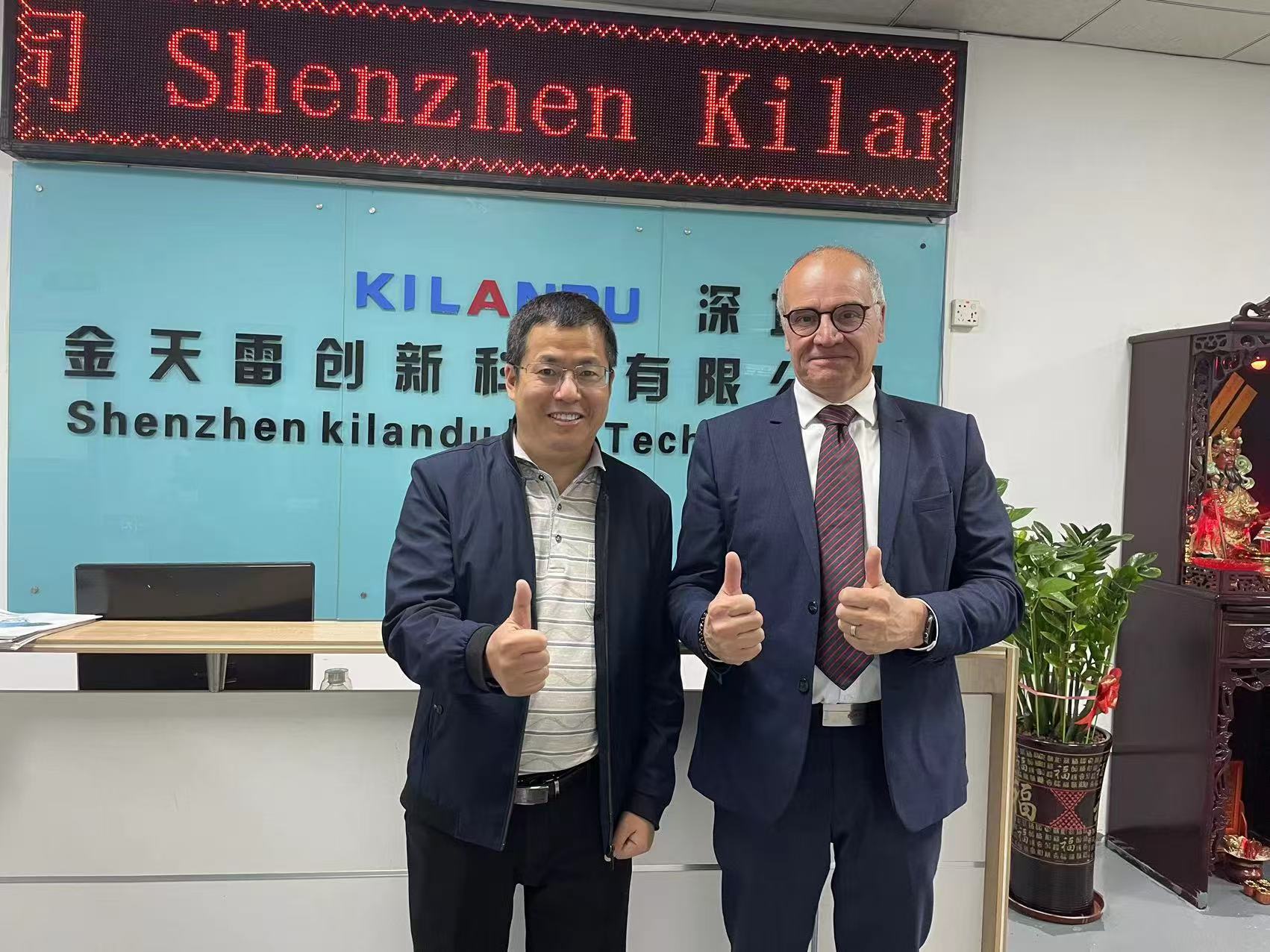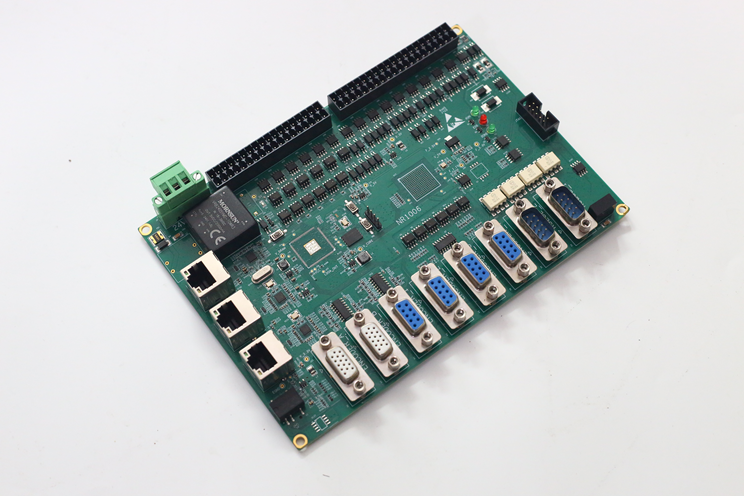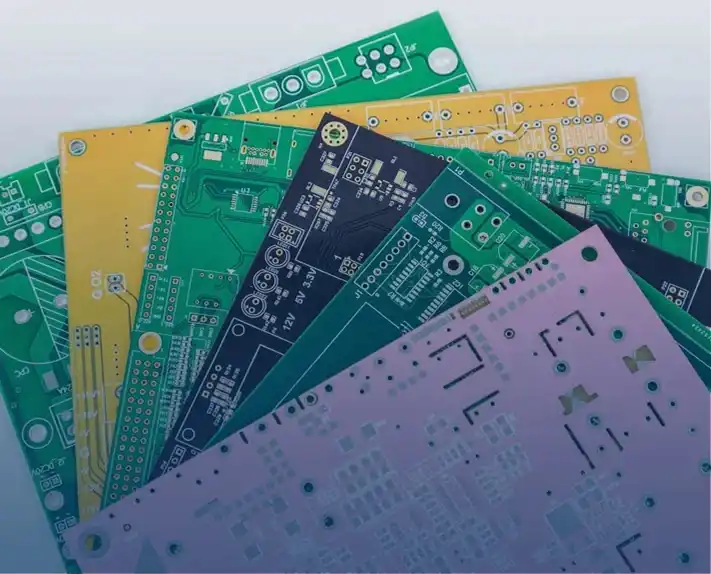Post-soldering of PCBA (Printed Circuit Board Assembly) is a crucial step in electronic manufacturing.
Correct operation can ensure product quality and performance. Here are some precautions:
1. **Preparation before soldering**: Make sure the surface of the circuit board is clean and free of dust,
oil and oxides. Use appropriate cleaning agents for cleaning to avoid poor contact during soldering.
2. **Temperature control**: The temperature needs to be strictly controlled during the soldering process.
Too high a temperature may cause damage to components, while too low a temperature may cause poor
soldering. The appropriate temperature curve should be set according to the requirements of the components.
3. **Choose the right solder**: The choice of solder is crucial. The right solder, such as tin-lead solder or
lead-free solder, should be selected according to the use environment, requirements and component
characteristics of the circuit board.
4. **Welding time and pressure**: The welding time and pressure must be controlled within the specified range.
Too long or too short a time may result in poor solder joints. The pressure should be uniform during the soldering
process to ensure good solder fluidity.
5. **Inspection and testing**: After soldering is completed, the solder joints should be inspected to ensure that
there are no problems such as false soldering and short circuits. Visual inspection or X-ray inspection can be
used to ensure the quality of solder joints.
By following these precautions, the quality of post-PCBA soldering can be ensured, and the reliability and
stability of the product can be improved.


